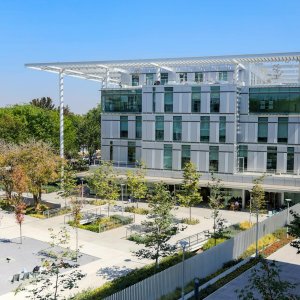
FONATUR Promotes Mayan Train As Environmental Driver
 By Pedro Alcalá | Senior Journalist & Industry Analyst -
Fri, 09/25/2020 - 13:43
By Pedro Alcalá | Senior Journalist & Industry Analyst -
Fri, 09/25/2020 - 13:43
Two FONATUR press releases from the last 24 hours appear to present a unified vision of the Mayan Train project: to make it an environmentally mindful endeavor. This contradicts some of the more prominent criticisms that the project received during the last few months, such as the concern that its main fuel source will be diesel (FONATUR officials have claimed since then that almost half of the train will be powered by electricity). Another concern is that its seventh and final segment will cut across the Calakmul biosphere reserve and archeological site, one of the most revered and protected in the region.
The first of these press releases details the investment that FONATUR, through its Mayan Train budget, plans to make on the Cuxtal Ecological Reserve, located outside Yucatan’s capital Merida. Almost US$12.5 million will be invested in the protection and restoration of what has historically been a threatened reserve given its proximity to the quickly growing urbanization of Merida. The reserve’s aquifers and jungles have been polluted as the city has informally used them as a landfill, worrying given that those same aquifers are also Merida’s most important water source. Cuxtal was the first Protected Natural Area in the entire state of Yucatan and the Mayan Train will occupy around 30 hectares of its territory, which according to the press release will represent only 0.28 percent of its total extension.
The second press release concerned the agreement between FONATUR and the National Agricultural Council (Consejo Nacional Agropecuario or CNA) for the promotion of productive value chains as part of the Mayan Train project’s development. The Mayan Train will provide greater logistic capabilities for the agribusiness sector, particularly in Chiapas and Tabasco where that kind of economic growth is needed, and is perceived as a method to “green” the activities of that industry. This agreement aims to coordinate that transition to lower logistical costs for both large and independent agribusiness players.
















